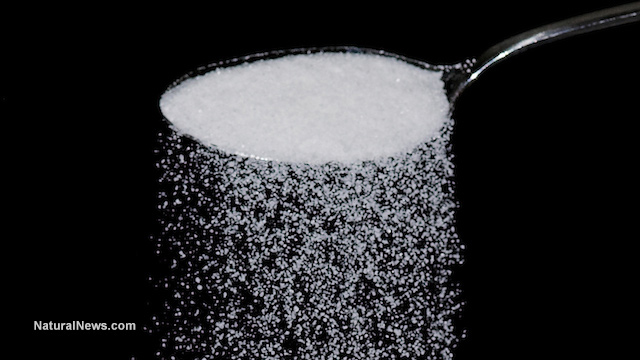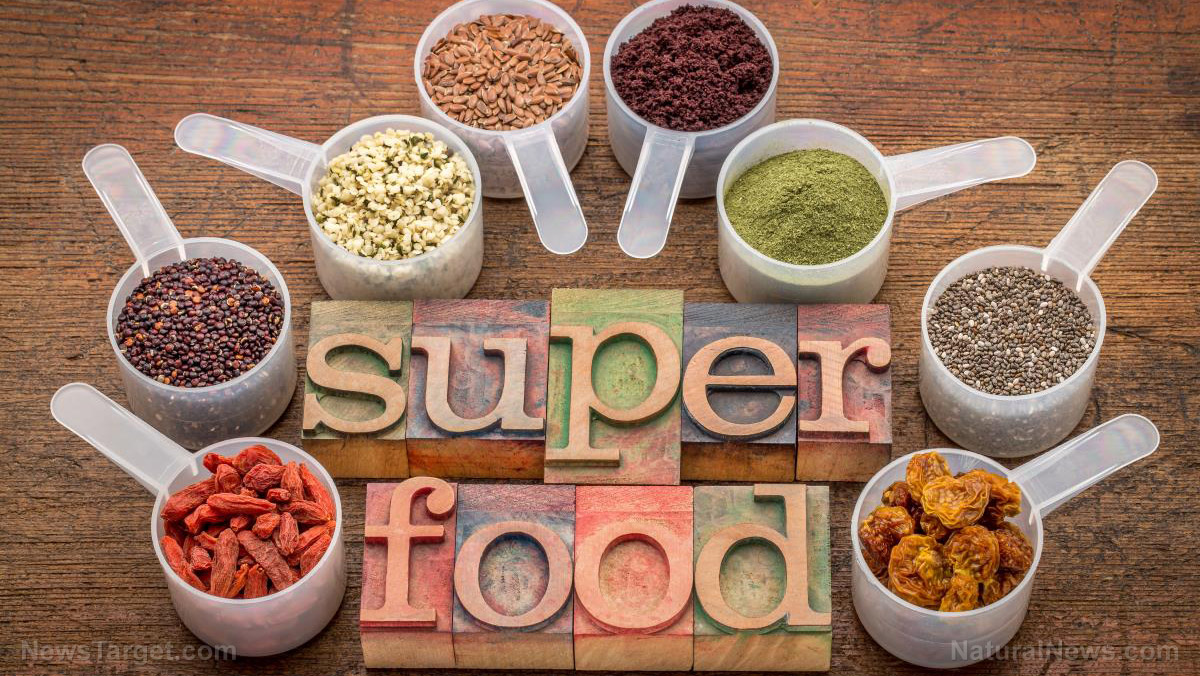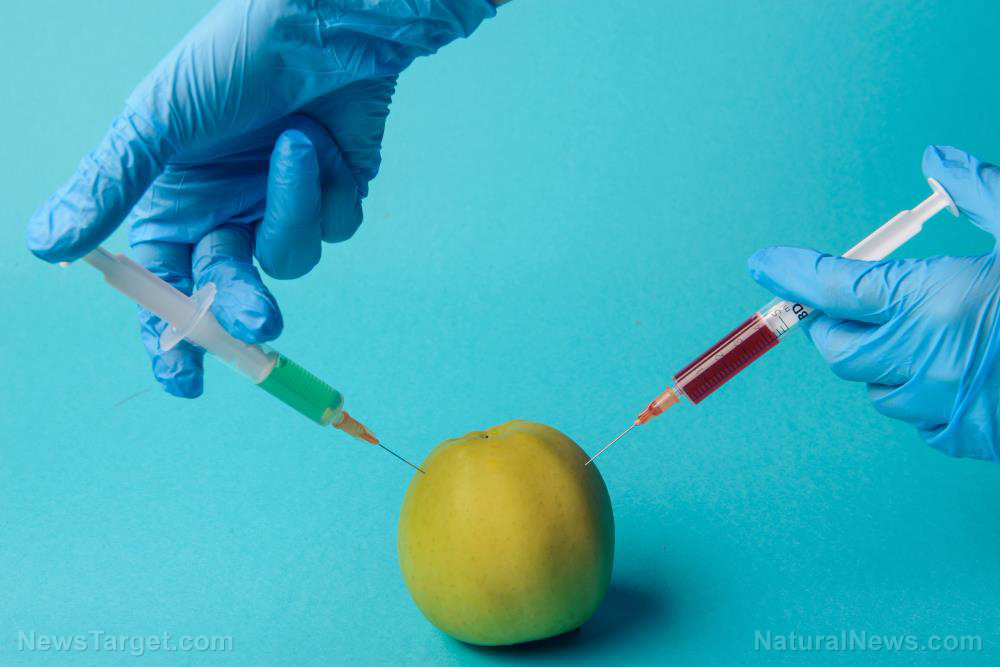FDA bans trans fat beginning in December as the toxic ingredient is no longer “recognized as safe”
11/05/2023 / By Belle Carter

Starting Dec. 22, 2023, products containing partially hydrogenated oils (PHOs) – one type of trans fat linked to heart disease and other health issues – will no longer be allowed on grocery store shelves and will be eliminated from the U.S. food supply.
It started in 2015 when the U.S. Food and Drug Administration (FDA) ruled that artificial trans fats were unsafe to eat. The agency gave the food industry three years to reformulate products and ensure an orderly transition in the marketplace. The final compliance date for specifically removing PHOs, which contain trans fats but also occur naturally in some meats, was Jan. 1, 2021. Earlier in August, the FDA issued a direct final rule to solidify the agency’s determination that PHOs are no longer “generally recognized as safe” (GRAS). Although PHOs have already been determined to be unsafe, the FDA is reinforcing a series of “noncontroversial amendments” given the public health risks associated with PHOs and the increasing use of PHO alternatives.
The agency received comments on the rule until October 23. If no “significant adverse comments” were received within the specified comment period, the FDA said it will publish a document confirming the effective date of the rule in the Federal Register within a month after the comment period ends.
The United States will be the most recent nation to follow other countries to prohibit PHOs in foods. Denmark was the first country to ban trans fats back in 2003. The World Health Organization (WHO) also listed the following countries to have similar bans on trans fats: Austria, Canada, Chile, Denmark, Ecuador, Hungary, Iceland, Norway, Switzerland, Sweden, Singapore and South Africa.
New York City enacted a city-wide phase-out on July 1, 2008, where foods containing half a gram or more of trans fat could no longer be stored, used, or served in food establishments in the city. In California, the “Trans Fat Bill” went into effect in 2010. It banned the storage, serving, and distribution of PHOs in food preparations in restaurants. Montgomery County in Maryland followed suit and was marked as the first county in the U.S. to ban trans fats altogether. Restaurants and grocery stores that prepare food were mandated to limit using it to 0.5 grams or less.
PHOs are oils that have undergone hydrogenation, a process where hydrogen is added to liquid oils to make them more solid and stable at room temperature. It transforms liquid oils into semi-solid fats. These artificially created oils give food added texture, a more desirable taste, and a longer shelf life, all of which have made them a popular, cost-effective staple in restaurants and fast-food outlets.
Products labeled as “zero trans fat” could still contain half gram or less per serving
Even after the FDA’s ban on artificial trans fats, food manufacturers still have some leeway. It turns out that “no trans fats” really could mean something more like “just a bit of trans fat.” As per the FDA, foods can be labeled free of trans fats if they contain 0.5 grams per serving or less. “Foods can still be sold legally if they contain a half-gram of trans fat or less per serving,” explained Anthony DiMarino, RD, LD. “And you won’t see that partial gram listed on the nutritional label, so you might not even realize it’s there.”
The “per serving” part is really important because the serving size on a nutritional label doesn’t always align with how much one would eat. “Say the serving size for a slice of cake is a three-inch square. And that square contains 0.4 grams of trans fat,” DiMarino illustrated. “But you eat a six-inch square or a nine-inch square. Now, you’ve doubled or tripled your intake of ‘acceptable’ trans fat. And you don’t even know you’ve had any at all.”
Trans fats are the worst when it comes to fat in one’s diet, most studies conclude. While unsaturated fats are an important part of a balanced diet, and saturated fats can be tolerable in small amounts, there is no amount of healthy artificial trans fats. “Our bodies don’t need trans fats to operate at all,” DiMarino explains. “It has no health benefits and has been proven to be detrimental. That’s what led to it being banned in the United States.”
Although trans fats are found naturally in small amounts in some foods, they increase “bad” (low-density lipoprotein, or LDL) cholesterol and lower “good” (high-density lipoprotein, or HDL) cholesterol. High amounts of LDL also increase one’s risk of developing heart disease and stroke. Additionally, trans fats in your bloodstream can lead to blocked arteries, coronary artery disease, and inflammation. Apart from heart diseases, researchers have also connected trans fat intake to an increased risk of prostate cancer and colorectal cancer. Trans fat intake during pregnancy may be linked to lower birth weight as well. (Related: A diet high in trans fats linked to a significantly higher risk of dementia among the elderly.)
Read more about food components that people should avoid at StopEatingPoison.com.
Sources for this article include:
Submit a correction >>
Tagged Under:
bad fats, cancer, FDA, food science, food supply, frakenfood, generally recognized as safe, gras, grocery, HDL, health, health issues, healthy food, heart disease, hydrogenation, indirect food substance, ingredients, LDL, partially hydrogenated oil, PHO, research, significant adverse comments, stopeatingpoison, Toxic, trans fat
This article may contain statements that reflect the opinion of the author
RECENT NEWS & ARTICLES
COPYRIGHT © 2017 FOOD SCIENCE NEWS



















